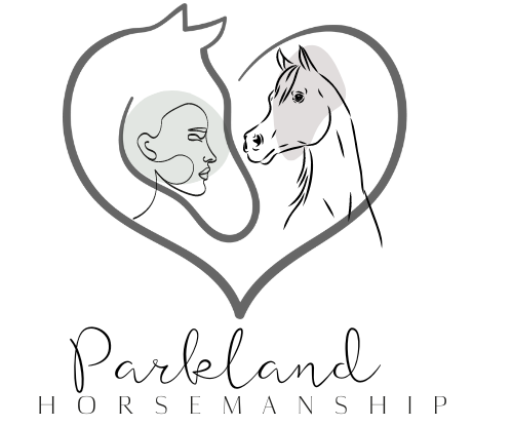Horses are frequently utilized in equine therapy programs due to their intuitive nature and social nature, helping clients develop an empathy and sense of responsibility in recovery that may otherwise be lacking. During sessions of this kind, clients groom and care for the horses which helps develop this vital aspect of recovery.
Caring for another living thing may not seem like a huge priority when in recovery, but it can provide valuable skillset and boost self-esteem.
Unconditional Acceptance
Es is no secret that recovering from addiction is no simple or straightforward journey; often marked by repeated failure and success. Equine therapy offers clients strength and support during this journey while deepening their understanding of their struggles.
Establishing relationships with horses can not only promote emotional awareness, but can also teach individuals how to trust others – something many in recovery who have experienced relationship rejection can use as an avenue toward healing themselves and finding peace with past traumas.
Working with horses can teach individuals valuable life lessons about discipline, focus and patience. With practice comes increased ability to care for the horse and a greater sense of accomplishment and pride that can bolster self-esteem while providing motivation to continue on their addiction recovery journey.
Communication Skills
Substance use disorder sufferers frequently experience difficulty communicating effectively, which can be isolating and frustrating, necessitating improvements to communication skills as part of recovery from addiction. Equine therapy offers an invaluable means of increasing them; its natural, nonjudgmental approach promotes trust, confidence, and self-esteem in clients.
Horse interaction also fosters responsibility and raises awareness of emotions and needs, particularly among women who tend to struggle with developing healthy relationships and neglect their own well-being. Women especially may find this form of therapy particularly helpful.
Working with horses requires patience and clear communication. Learning to build relationships based on mutual respect between animals is an invaluable life skill, especially for those recovering from addiction. Working with horses also encourages positive attitudes toward life as well as new, healthy behaviors.
Self-Esteem
Addiction erodes self-image and affects relationships in profound ways. Working with horses can help restore confidence while developing emotional regulation skills in an non-threatening setting.
Horses are herd animals that have the unique ability to adapt quickly and precisely to human emotional responses, mirroring human behaviour while providing immediate feedback that does not judge or discriminate.
Grooming and handling horses is a relaxing activity that provides individuals with a nonjudgmental space to build trust. Individuals can learn how to read nonverbal cues from horses in order to respond in ways that promote productive health outcomes.
At Oxford, our equine program takes place in an outdoor environment on our 110 acre campus. One time each week, patients have the option of going on a trail ride with one of our staff members and experiencing more physical activity while enjoying nature’s splendor. These rides help raise dopamine levels and improve mood; further bolstering confidence and impulse control.
Strengthening Social Skills
As part of their addiction, those struggling with drugs or alcohol find it difficult to communicate, making communication a key reason they began abusing substances in the first place. Equine therapy offers an effective means of improving communication skills while increasing positive self-esteem.
As horses are herd animals, they are adept at reading nonverbal cues and responding appropriately. Individuals in recovery learn how to read a horse’s responses and interpret them, helping build confidence in communicating effectively and maintaining relationships.
Grooming and handling horses requires focus, patience, and empathy – qualities which clients learn when caring for their horse(s). By caring for their animal, clients develop problem-solving and coping skills which they can apply elsewhere in their life – such as addiction recovery. Furthermore, working with horses fosters physical activity for overall wellbeing.

